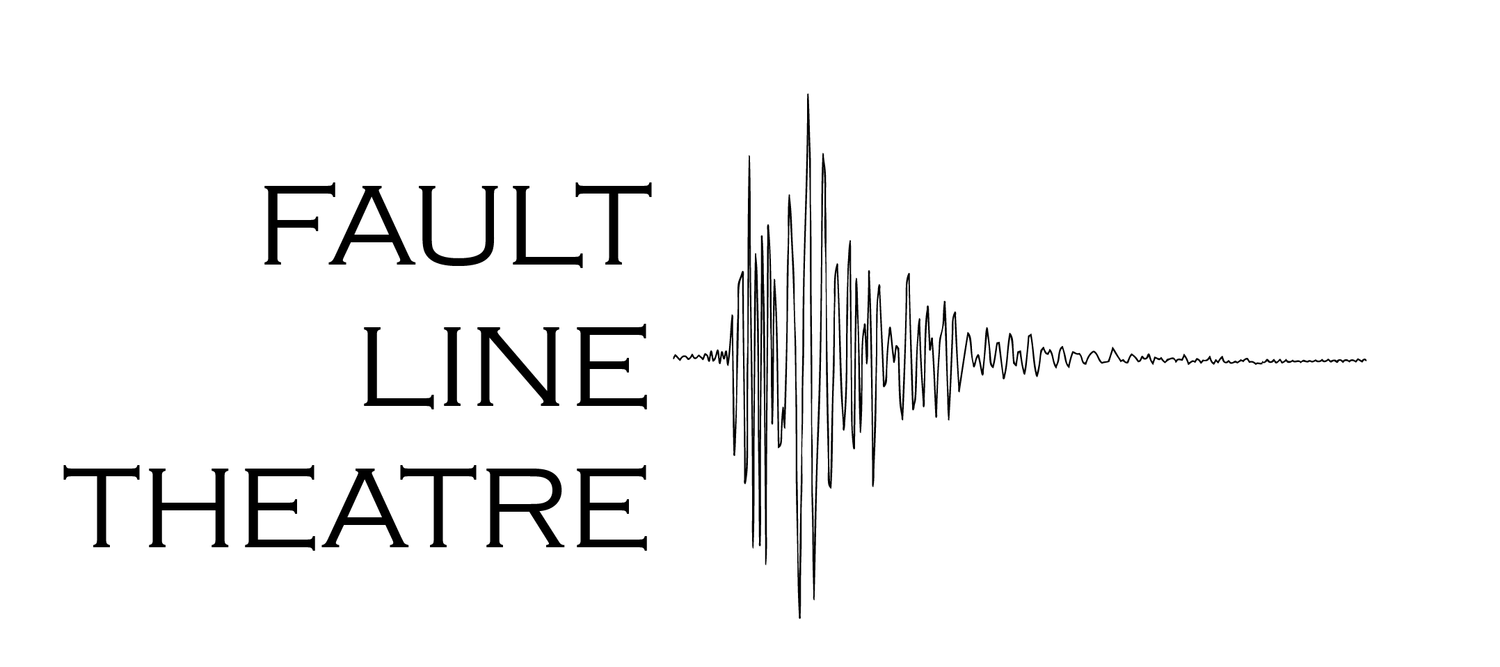Another excellent review for From White Plains came across our (metaphorical) desk today. Check it out in The Huffington Post.
From White Plains Strong on Forgiveness
By David Finkle
Let’s hear it for forgiveness. Let’s hear a couple of brimming earfuls for forgiveness — or against it, as the case may be. And the place to hear it is throughout From White Plains, the outstanding new work conceived by Michael Perlman and written with cast members Craig Wesley Divino, Karl Gregory, Jimmy King and Aaron Rossini.
The lay-out of the play — which, I repeat, is truly, eminently worthwhile, and so is Perlman’s immaculate direction — is intricate as presented by the Fault Line Theatre in the Pershing Square Signature Center’s black-box space.
But here goes: Listening to an Oscar telecast, Ethan (co-company artistic director Rossini) hears himself named as the bully behind the inspiration for the film just awarded the best-movie-of-year statuette to creator Dennis (Karl Gregory).
Astounded that he’s just been designated a national bad guy, Ethan enters into a debate with pal John (co-company director Divino) that builds into an argument over his actual responsibility for the death of schoolmate Michael whom he regularly abused so many years before.
Then the locale switches, although Tristan Jeffers’s set depicting a pleasantly modern living-room remains in place for all scenes. Here, movie-maker Dennis is still steamed about Michael’s suicide and gets into a heated exchange with lover Gregory (King) over whether he should respond to the Internet apology Ethan has posted.
Convinced Ethan’s message is merely pro forma, Dennis does fire back. His reply triggers an increasingly belligerent exchange that begins to erode both the Dennis-Gregory love affair (where a possible marriage looms) and the Ethan-John friendship when difficult parts of the newly-engaged John’s past become implicated.
Going into detail on the rat-a-tat sequences that ensue — and include a chance subway meeting between John and Gregory that doesn’t quite strain credulity — would spoil the keenly observed, disturbing developments, the abundant surprises the script uncorks. What has to be said is that the beauty of the extraordinarily well-acted drama is its complete avoidance by Perlman and colleagues of any black-and-white conclusions.
Rather, the discussions between and among the characters as they pace the stage in varying degrees of understandable chagrin include so many shades of grey that E L James would likely admit envy. Sure, best-selling author James mined abuse to plug her sexy trilogy, but even she might drop her jaw at the verbal punishment these four men heap on one another while attempting to do the proper thing in their struggle to preserve alliances.
Yes, the overriding quandary here concerns forgiveness. Perlman and crew are intrigued to decide if there are instances when forgiveness is not only unwarranted but itself unforgivable. It’s a dilemma that’s rarely been illustrated with such heart-breaking authority.
